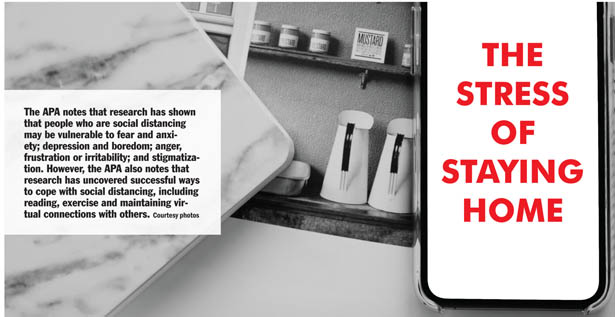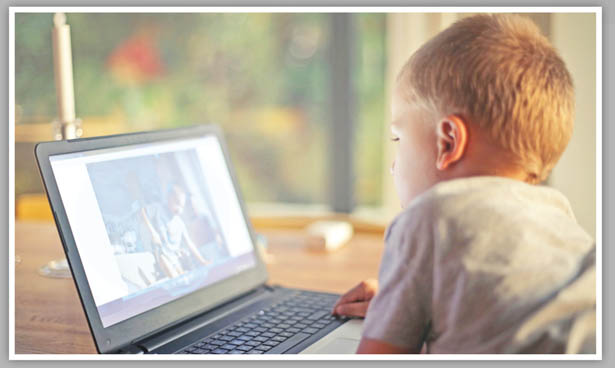The Stress Of Staying Home

How to handle the mental challenges of social distancing
The concept of “social distancing” was no doubt a mystery to millions of people prior to 2020. But in  the wake of the outbreak of COVID-19, a novel coronavirus that was first discovered in China in late 2019 but soon spread across the globe, social distancing became a household term.
the wake of the outbreak of COVID-19, a novel coronavirus that was first discovered in China in late 2019 but soon spread across the globe, social distancing became a household term.
Social distancing refers to actions deliberately designed to increase the physical space between people to avoid spreading illness. The American Psychological Association notes that social distancing typically requires that people stay at least six feet apart from each other while also avoiding gathering spaces such as schools, churches, concert halls, and public transportation. In an effort to prevent community spread, many state and provincial governments mandated the closure of all businesses deemed “nonessential,” forcing many working professionals to work from home full-time and temporarily putting millions of additional workers out of work.
Social distancing measures are designed to serve the greater good, and these efforts can be effective at stopping the spread of harmful viruses like COVID-19. But social distancing also can produce unwanted side effects. The APA notes that research has shown that people who are social distancing may be vulnerable to fear and anxiety; depression and boredom; anger, frustration or irritability;  and stigmatization. However, the APA also notes that research has uncovered successful ways to cope with social distancing.
and stigmatization. However, the APA also notes that research has uncovered successful ways to cope with social distancing.
• Make time for fun activities. Psychologists recommend balancing time spent on news and social media with other activities unrelated to social distancing or quarantine. Make a conscious effort each day to read a book, listen to music or even learn a new language.
• Get news from reliable sources. Inaccurate information about COVID-19 can spread fear, making it even more difficult for people to cope with social distancing. The APA recommends people get their information from news outlets that rely on trusted organizations like the Centers for Disease Control and Prevention and the World Health Organization.
• Maintain virtual connections with others. Face-to-face interactions may not be possible, but the APA notes the value of phone calls, text messages, video chat, and social media. These channels of communication provide an opportunity to stay connected with loved ones and express emotions.
• Maintain a healthy lifestyle. The APA advises everyone to get enough sleep, eat well and exercise while social distancing. Do not cope with the issues that result from social distancing by using alcohol or drugs, which may only exacerbate feelings of anxiety and depression. People also can consider their telehealth options so they can access psychotherapists to help them through.
Social distancing has proven challenging for millions of people across the globe. As difficult as social distancing can be, there are ways for people to cope and stay in touch with their loved ones. More information about social distancing is available atapa.org.



























